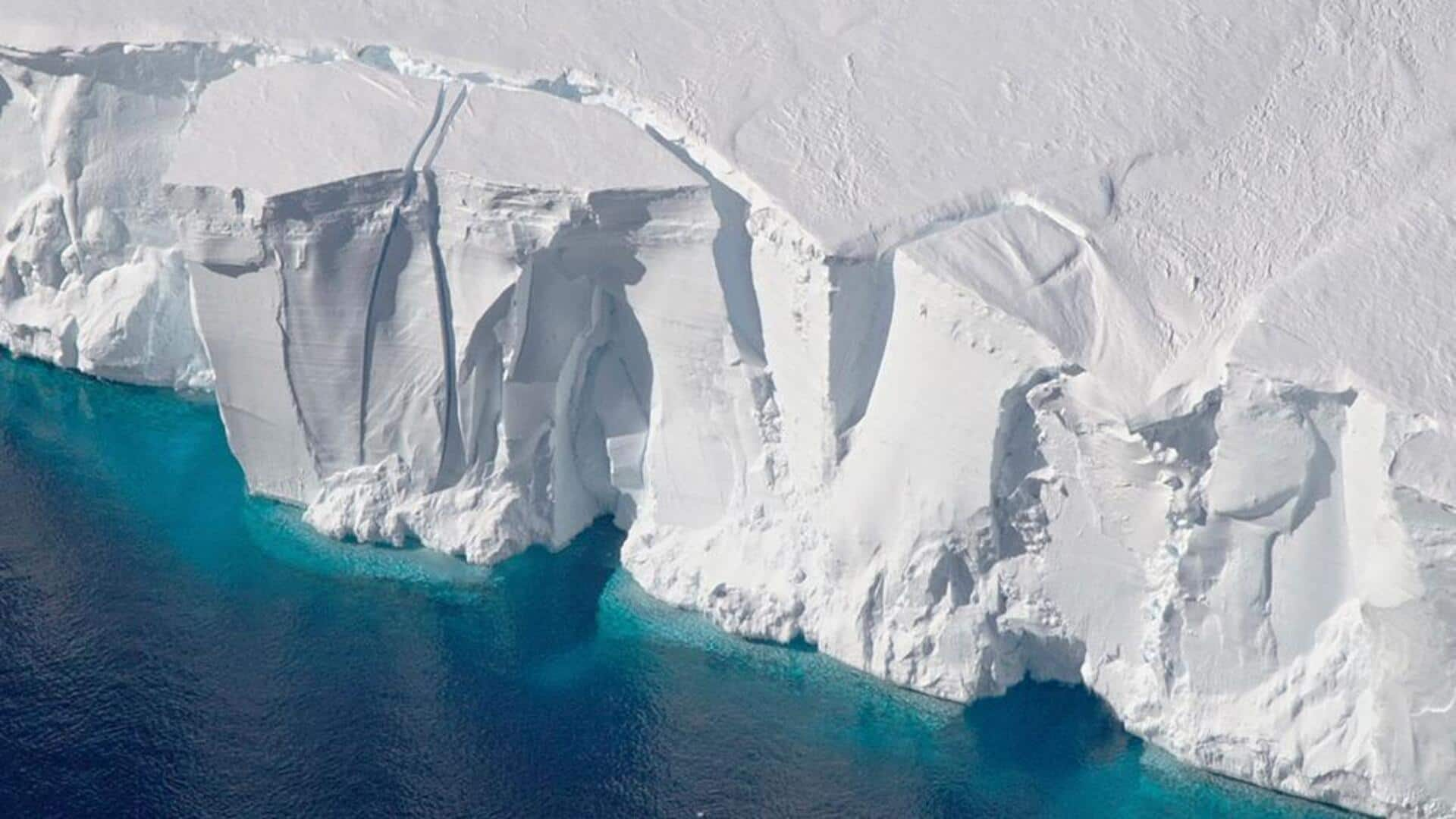
Researchers warn extreme events in the Antarctic region 'virtually certain'
What's the story
Ice loss, and heat waves among other extreme events in Antarctica, are almost 'certain' to become more frequent, signaling the need for urgent action to limit global warming to the Paris Agreement target of 1.5 degrees Celsius. A recent study examined various extreme events in the region, including weather, ocean temperatures, sea ice, and biodiversity on land and sea.
Quote
Reducing greenhouse emissions crucial to preserving the continent
Researchers call for immediate policy measures in order to protect Antarctica's fragile ecosystems, stating that those ecosystems "may well be subject to considerable stress and damage in future years and decades." "Reducing greenhouse gas emissions to net zero is our best hope of preserving Antarctica..." according to the study's lead author, Martin Siegert, from the University of Exeter.
Details
India is also a part of the Antarctic Treaty
Rapid changes in Antarctica could put many signatory countries—including US, India—in breach of the Antarctic Treaty, which requires signatories to protect the region. Nations must recognize continued fossil fuel exploration, extraction, and burning worldwide will increasingly impact Antarctica in ways that contradict their pledge, said Siegert. As Antarctic sea ice retreats, new areas could become accessible to ships, necessitating careful management of vulnerable areas.
Monitoring
ESA's satellites are important for monitoring the Antarctic region
Extreme events in Antarctica also affect biodiversity, with high temperatures linked to lower krill numbers and breeding failures among krill-dependent predators. The European Space Agency (ESA) and European Commission's Copernicus Sentinel satellites play a vital role in routinely monitoring the entire Antarctic region and Southern Ocean, providing valuable data that can be used to estimate sea ice thickness, and ice loss with great resolution.